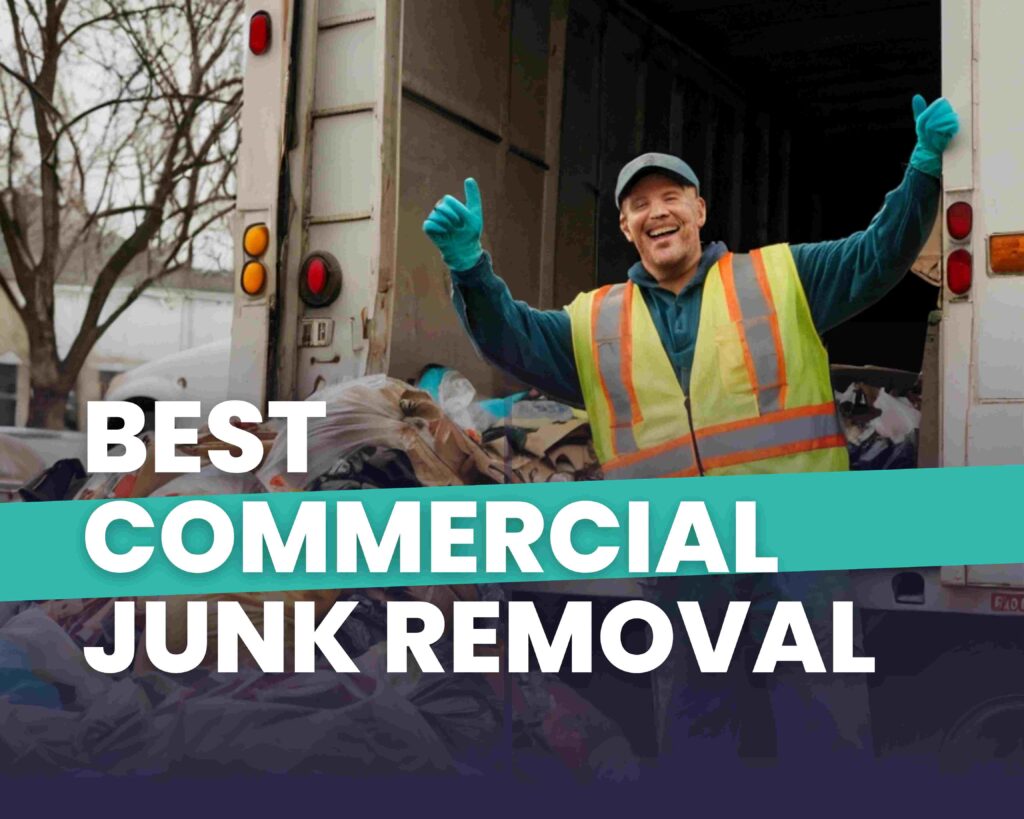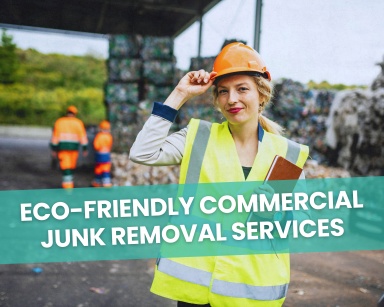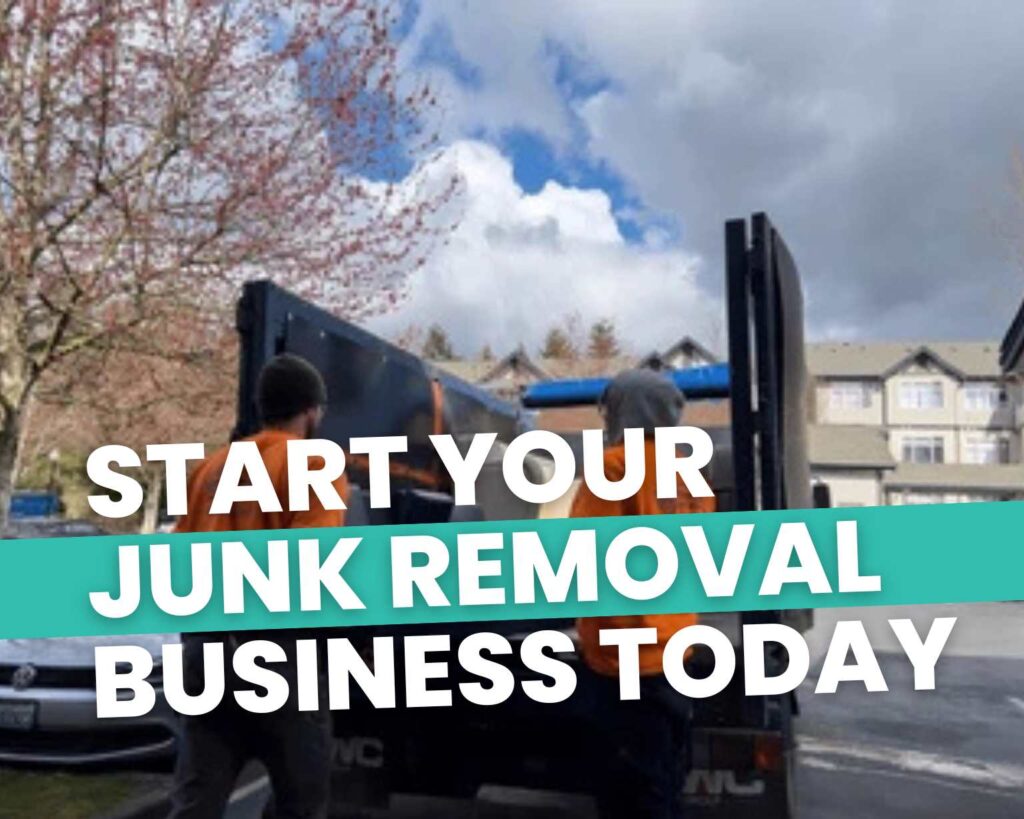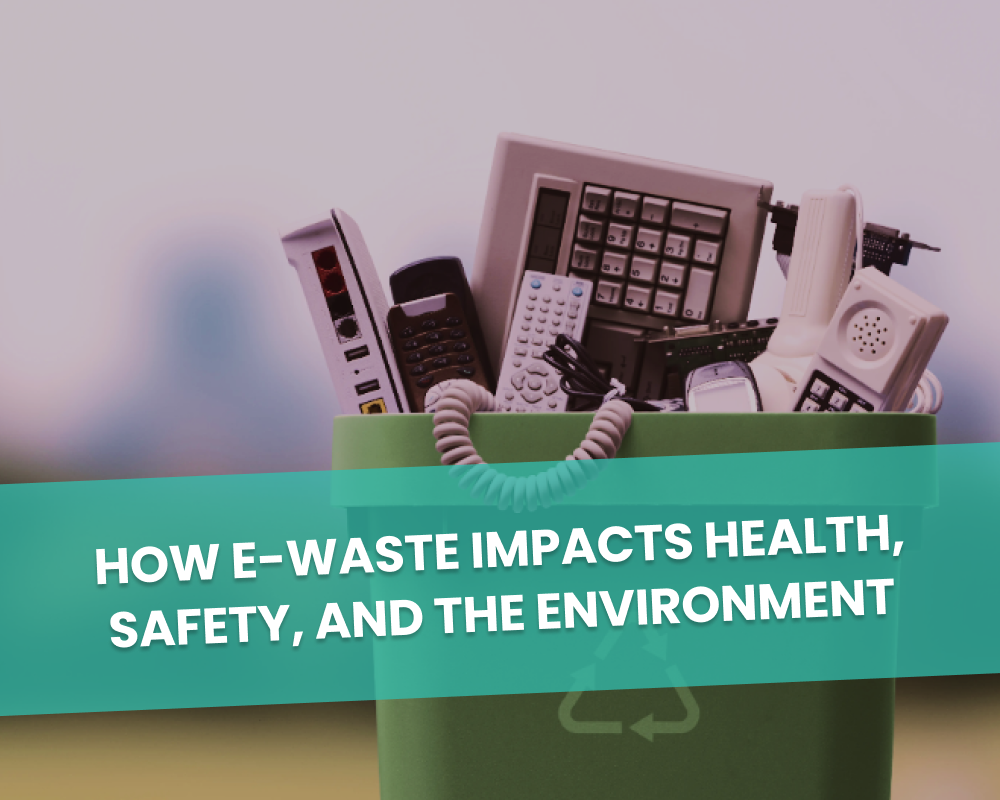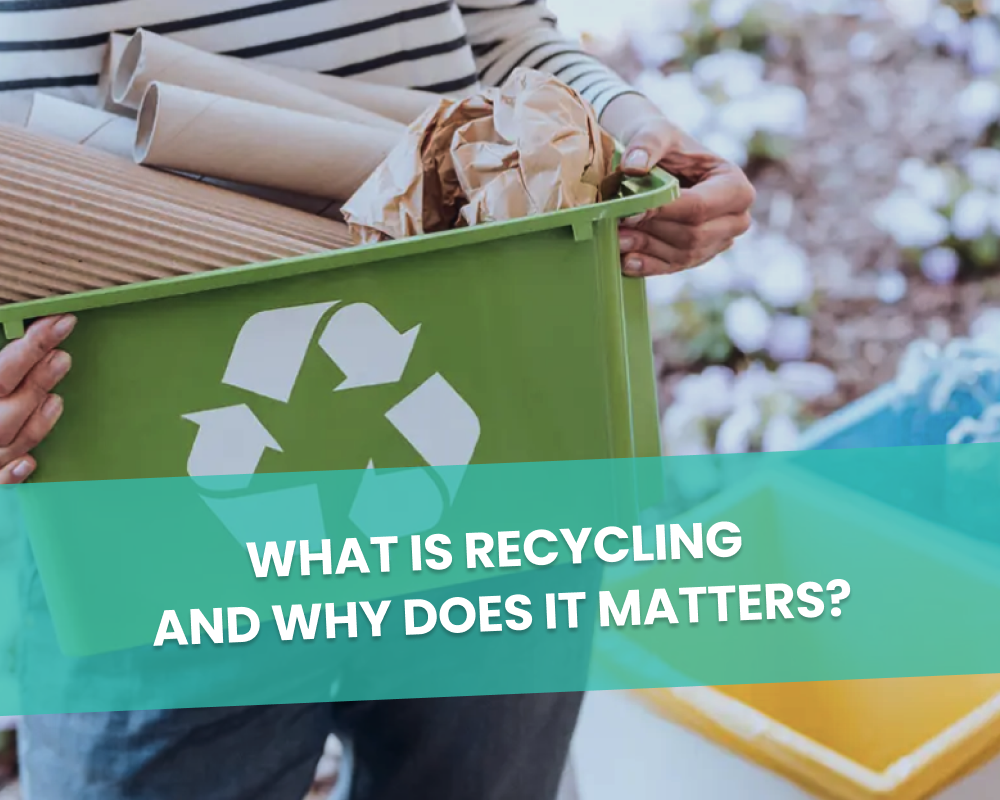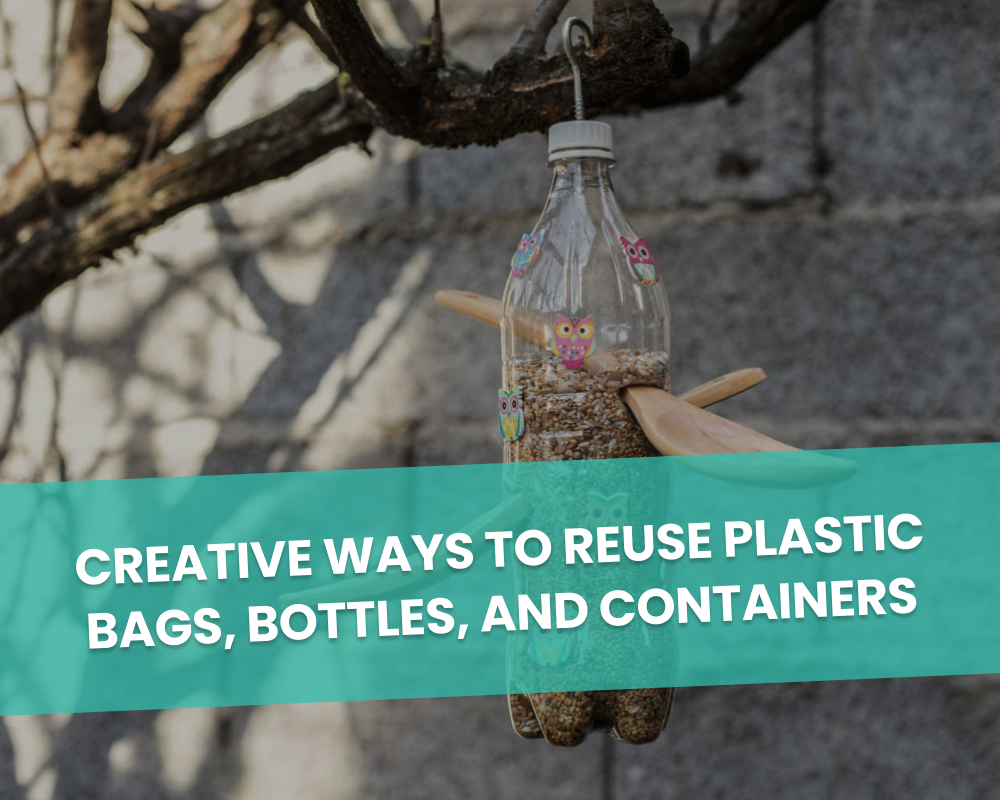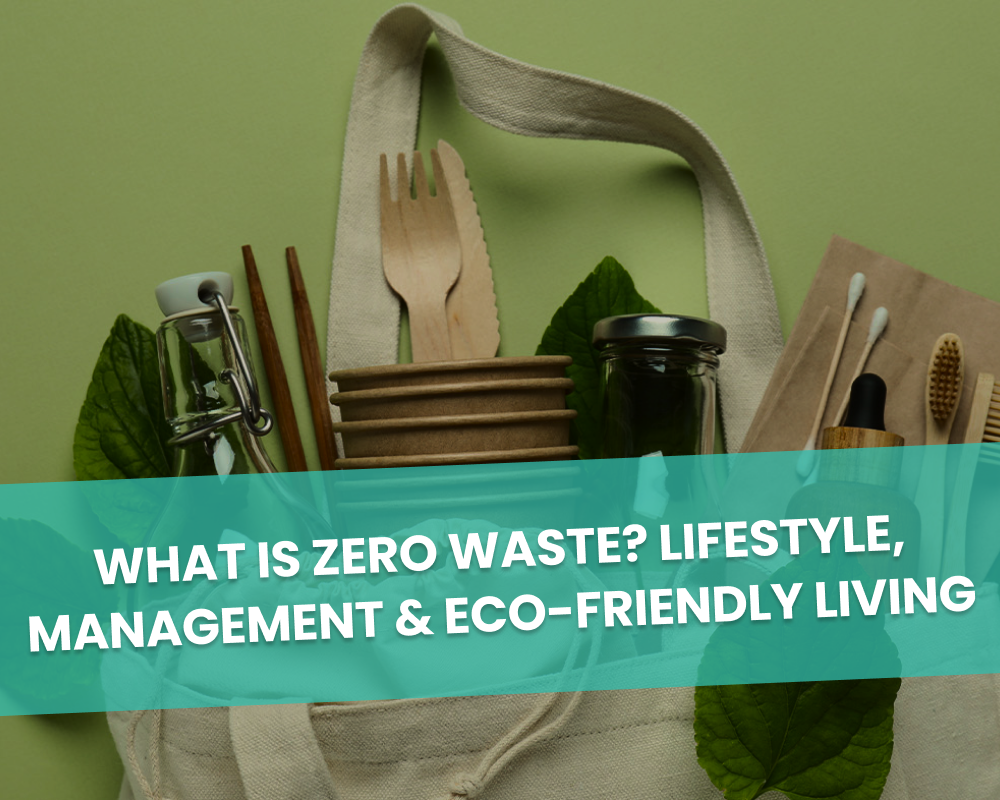Alternatives for batteries disposal process
Table of Contents
Alternatives for Battery Disposal Process
In a world that’s rapidly turning electric, the omnipresence of batteries is undeniable. From the palm-sized cells in your remote to the hefty batteries powering electric cars, they’re woven intricately into the tapestry of modern life. These batteries serve as silent partners, ensuring our devices run smoothly and our lives remain uninterrupted.
The Importance of Conscious Battery Disposal
The electric era is upon us, and at the heart of this transition are batteries. As electric devices and machines multiply, so does the production and use of batteries. Every electric innovation relies heavily on batteries, making their presence felt in various sectors.
Here are some lesser known, unique and mostly ignored reasons why recycled or disposed of batteries need to be handled with care:
- Batteries contain toxic substances which, when exposed to the environment, can contaminate soil and water sources.
- Wasteful battery disposal leads to an increased demand for new batteries, resulting in more production and higher environmental impacts from energy consumption and material wastage.
- Improper disposal leads to harmful emissions of greenhouse gasses and other hazardous chemicals into the atmosphere, leading to air pollution.
A focus on proper disposal is fundamental. A safe process ensures that used batteries don’t just end up in landfills, but are treated and managed with care. As more electric appliances and tools enter our lives, the emphasis on proper methods becomes more significant.
Environment’s Silent Cry
Beyond their functionality, batteries come with an inherent environmental responsibility. Disposal, not done conscientiously, can lead to significant health hazards. Imagine landfills populated with batteries, leaching harmful chemicals. Imagine these toxins finding their way into our soil, our water.
The Thin Line Between Disposal and Recycle
When we discuss battery disposal, we’re not merely talking about throwing them away. The goal is a holistic process where batteries are not just discarded but are also prepared for a subsequent phase: recycling.
Here are some alternatives to batteries disposal, that can help keep the environment safe:
- Battery Donation Programs: In this type of program, donated batteries are sent to a recycle plant for proper disposal. This process helps ensure the maximum usage of resources while also promoting eco-consciousness.
- Upcycling: Upcycling is the concept of reusing old batteries to develop new products. This could be anything from charging stations for electric vehicles, to battery powered generators.
- Battery Banks: Establishing a battery bank involves collecting and storing used batteries for later use. For example, solar-powered street lights can be installed in remote villages or cities using these stored batteries.
As we delve deeper into the electric age, we realize that merely getting rid of used batteries isn’t enough. Proper recycling can give them a new life. Innovative technologies today ensure that they are not just recycled but repurposed, thus offering a sustainable alternative.
The Imperative of Proper Battery Recycle
The Magic Behind Recycle
Do you know what happens when you recycle a battery? These items destined for recycling undergo a metamorphosis. Precious metals are extracted, harmful substances are safely neutralized, and the environment heaves a sigh of relief.
Here is the Cascade of Benefits:
- Environment: Fewer batteries in landfills translate to fewer toxins in our ecosystem.
- Resource Conservation: Recycling recovers valuable materials, decreasing the demand for virgin resources.
- Redirecting the Undesirable: Instead of becoming excess products in a landfill, they find a renewed purpose.
When you recycle, you offer an oasis to the environment. You help create a better future for our planet, and by extension ourselves. The process to recycle is often quite simple. But remember, it’s not just about the recycle process – it’s about the mindset behind it.
Safety Above All
Recycling must always be synonymous with safety. Procedures need to ensure that neither the environment nor the workers are put at risk.
When you recycle, you’re not just protecting the environment; you’re also tapping into a valuable resource. Metals and other materials, once extracted, can be used in various industries, making recycle a doubly beneficial practice.
The recycle process has greatly evolved over the years. From manual to automated, recycle is an industry-wide push towards sustainability. To recycle, we need to be mindful of their structure and composition. Professional help, equipped with the right technology and processes, can ensure a safe recycle process.
Beyond Recycling: Exploring Alternatives
With safe methods in place, old batteries can find alternative roles. These methods don’t just recycle; they breathe new life into used batteries, allowing them to serve a plethora of purposes beyond their primary function.
- Beneficial reuse: Think of a battery as a box of potential. Even when its primary life is over, possibilities exist. With beneficial reuse, Old batteries can find new life in low-energy-demand applications.
- Non-profit Matchmaking: Surplus batteries could be a goldmine for certain non-profits. By helping these organizations, we’re ensuring that these usable products being discarded are granted a second lease on life.
- Upcycling Brilliance: Why not turn old batteries into pieces of art or utility? This form of creativity ensures that the product’s lifecycle is extended in an artistic manner.
Car Batteries: A Special Mention
As the automobile industry transitions to electric, the significance of proper battery management grows. Proper recycle ensures that these powerhouses are handled in a safe way, preventing potential environmental and safety risks.
The electric car revolution is exciting, but the batteries that power these vehicles demand special attention.
- Dangers Lurking: Mishandled car batteries can be catastrophic. They’re not just any old battery; they’re powerhouses with specific needs.
- The Corporate Role: Companies have a moral obligation to ensure used car batteries don’t harm our world. An opportunity exists here to change the narrative, and it’s up to businesses to take the lead.
Electric cars are here to stay, and with them comes the responsibility of managing their batteries judiciously. Proper methods ensure that batteries don’t become a threat to our environment but rather an asset to society.
What Happen Ventures Brings to the Table
As we tread deeper into the electric era, every decision we make concerning batteries, their disposal, and recycling will craft our future. It’s not just about technology; it’s about making safe, proper, and environmentally-conscious choices.
- Our Pledge: Happen Ventures doesn’t merely offer services; we offer commitments. We pride ourselves on bridging the divide, linking conscious companies to communities and ensuring that surplus products find the right hands.
- Battery Services: Our batteries pick-up service ensures these items destined for recycling are handled with the utmost care. We are not just compliant with standards; we aim to set them.
- Our Vision Realized: For us, sustainability, responsibility, and economic prudence aren’t just buzzwords. They’re the cornerstones of our mission. Our dream is a world where resources are optimized, and both communities and companies flourish.
Electric batteries have the power to shape our future. At Happen Ventures, we believe in leveraging their potential for a brighter tomorrow. Responsible management and sustainable use are essential elements towards achieving that goal.
Conclusion: The Future of Battery Disposal and Recycle
The dialogue around battery disposal and recycle is not a passing trend; it’s a pressing need. As we navigate our electric future, the choices we make today will resonate for generations. With companies like Happen Ventures leading the charge, we’re hopeful. Let’s pledge to be conscious consumers, to be aware of our responsibility, and to stride forward into a greener tomorrow.

